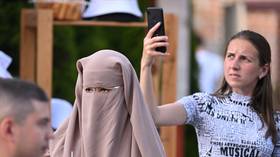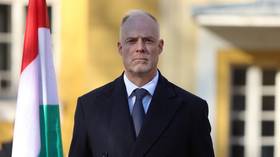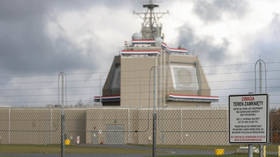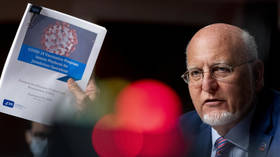Islamic leaders in another Russian region ban niqab
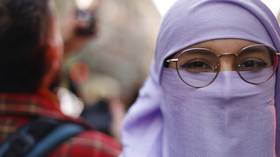
Islamic authorities in Karachaevo-Cherkessia, a Muslim-majority region in southern Russia, have banned the wearing of the niqab, citing risks posed by the practice to security and sectarian tolerance.
The decision of the Spiritual Muslim Board, or Muftiate, was published on Thursday and follows a similar move this week in Dagestan, a Russian republic located further to the east in the Caucasus Mountains.
The niqab is a type of garment worn by women in some parts of the world which covers the body and face, except for the eyes. A statement of the board released alongside the order explained that it should not be confused with the hijab, or clothes that Muslims must wear under Islamic law.
“Banning the hijab is not possible, and we are not discussing that. Russian law does not restrict the wearing of the hijab and explicitly allows it, when taking a photo for an ID,” it said.
The Muftiate denounced people who claim that the niqab is mandatory in Islam, stating that the false claim is “introducing strife and division into society.” Under current circumstances, the garment and similar items that fully cover the face “inflict practical harm to Muslims and threaten discontent in relations between religions and ethnicities” in Karachaevo-Cherkessia.
The new rule will remain in place “until the identified threats are eliminated and a new ruling by Islamic scholars is issued.”
Russia’s federal and regional officials have previously argued against the niqab on security grounds. Some religious experts have linked the garment with Wahhabism, a type of Sunni Islam popular in Saudi Arabia and Qatar. It dictates particularly strict rules of behavior, including a more restrictive dress code, compared to other sects. Some of the most notorious jihadist organizations in the world adhere to Wahhabism.
The debate over the niqab in Dagestan was invigorated after a high-profile terrorist attack last month, which resulted in the deaths of 20 people, including a dozen police officers. The militants targeted Christian and Jewish places of worship in their murderous spree of violence.
